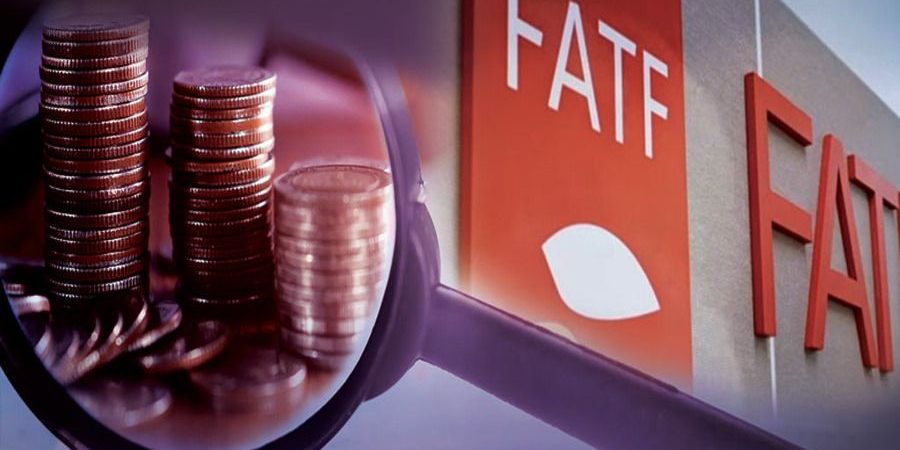The Financial Action Task Force on Money Laundering (FATF) has published a new version of the cryptocurrency industry regulation guide.
The agency has released a revised and revised guide to cryptocurrencies clarifying who qualifies for the FATF’s recommended requirements. In the amended guideline, DeFi is equated to Virtual Asset Service Providers (VASPs) because it exchanges, stores cryptocurrencies and complies with VASP standards.
This applies to blockchain-based services such as decentralized applications (DApps). Insofar as the activities of the creator, owner, operators, or any person “maintaining control of or having sufficient influence over the DeFi mechanisms” are subject to the VASP standards. Therefore, the FATF asks regulators to identify the owners and operators of the protocols and ensure their compliance with VASP standards: The agency warns that many projects use the word “decentralized”, even if there is an individual or legal entity that can be brought to justice.
“Quite often, DeFi calls themselves decentralized, when they are effectively run by one person with control or sufficient influence and, by law, their activities must be regulated by VASP standards.”
The guide says that non-fungible tokens (NFT) are not cryptocurrencies, but if used in a way that falls under the FATF standards, they should be regulated as a cryptocurrency. The agency recommends determining how the NFT is regulated on a case-by-case basis.
“Some NFTs that do not appear to be cryptocurrencies at first glance may fall under the definition of cryptocurrencies if, in practice, they are used for payment or investment purposes.”
The FATF released a guide to regulating cryptocurrencies in 2019, in which it obliged cryptocurrency exchange operators to exchange user information. Since then, some jurisdictions are in the process of implementing these standards, and the agency has continued to revise and amend its draft guidelines. In February of this year, the FATF said it would release updated guidance in June 2021. The deadline was pushed back to 28 October 2021 as the group decided to incorporate DeFi regulation rules into the final version of the guide.







